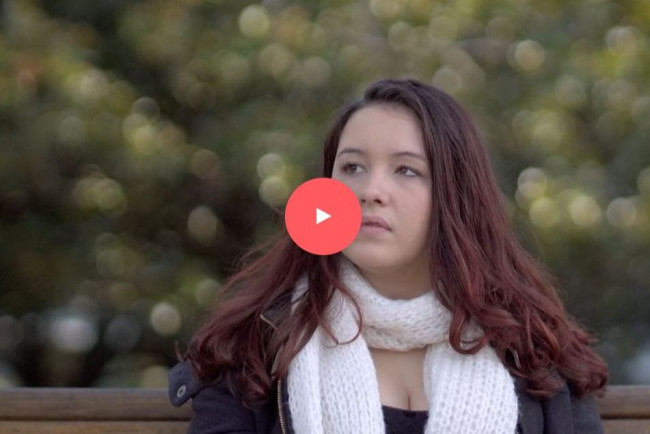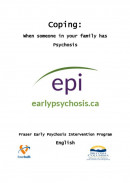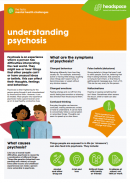The aim of treatment is to help you regain your normal perception of reality. Treatment usually includes antipsychotic medicines, counselling and social support. With appropriate treatment, most people recover from psychosis. However, getting treatment and support early makes a good recovery more likely.
Your treatment plan may be overseen by your healthcare provider or specialist mental health service. Some people need to stay in hospital for assessment or treatment.
Your care team
Your treatment is likely to involve a team of mental health professionals working together. This may include a psychologist, a social worker, an occupational therapist, a psychiatric nurse and your doctor/nurse practitioner or psychiatrist. You may be given a case manager to help coordinate everything from accessing self-help groups and managing crisis situations to getting help with job hunting and housing.
For Māori, Western models of mental health and mental healthcare will not always be appropriate. An approach based on a Māori model of health has a more holistic understanding of wellbeing. For example, the 4 cornerstones (or sides) of Māori health in the Te Whare Tapa Whā model of health are:
- whānau (family health)
- tinana (physical health)
- hinengaro (mental health)
- wairua (spiritual health).
You can find a healthcare provider who has a kaupapa Māori approach to wellbeing in this healthcare provider directory. Some parts of Aotearoa New Zealand will also have mental health teams that have a kaupapa Māori approach, so if you’re referred to mental health services you can ask about this option.
Your treatment may include:
Medicines
Antipsychotic medicines change the way your brain sends messages; they can help reduce anxiety and stress associated with psychosis within a few hours. Other psychotic symptoms such as hallucinations and delusions may take several days or weeks to improve. Other medicines like benzodiazepines, antidepressants or mood stabilisers may also be used.
Counselling and psychological therapy
Psychological treatment can help reduce the intensity and anxiety caused by psychosis. Some possible psychological treatments are discussed below.
- Cognitive-behavioural therapy (CBT) teaches how behaviours, thoughts and mood influence each other.
- Family therapy is a way of helping both you and your whānau cope with your condition.
- Social skills training focuses on improving your communication and social interactions and your ability to fully participate in daily activities.
Social support
- Social and life skills support: Occupational therapists or social workers can help with day-to-day issues or connect you with community services that can. They can also help you prepare for, find and keep jobs.
- Support groups: If you're experiencing episodes of psychosis, you may benefit from being around other people who've had similar experiences.






